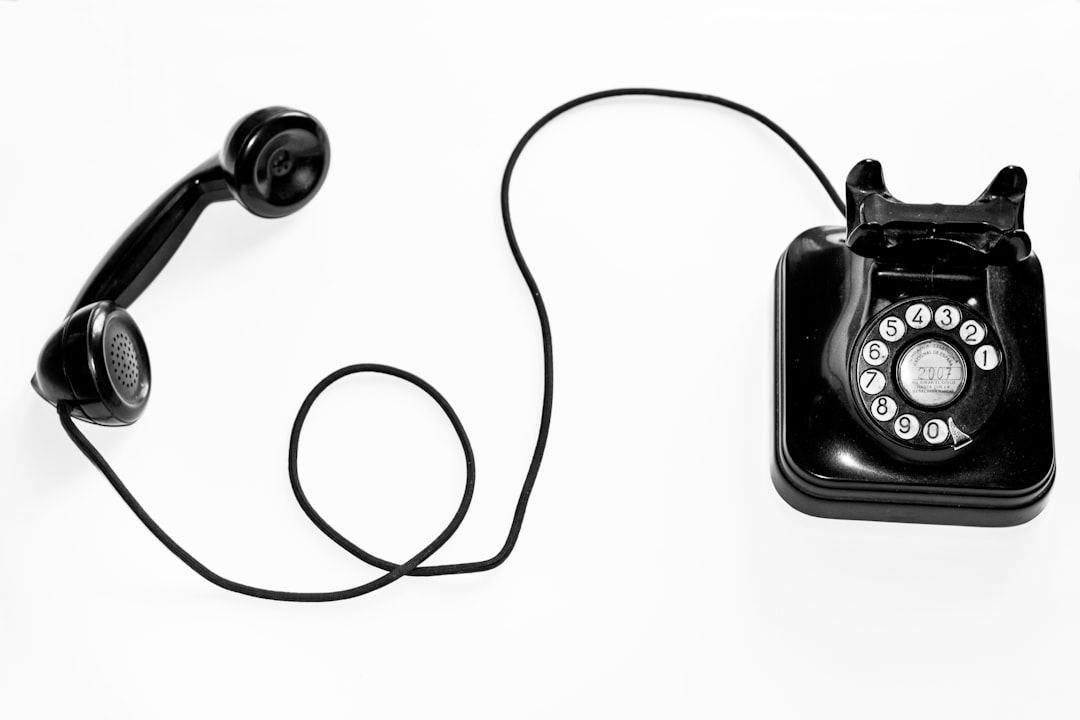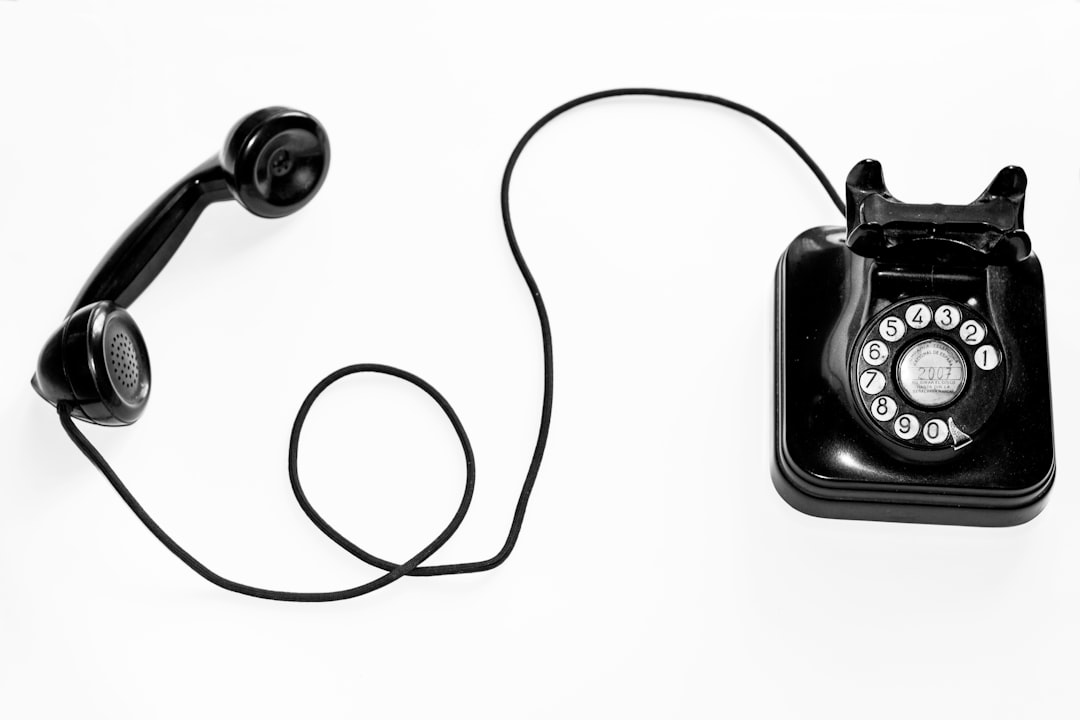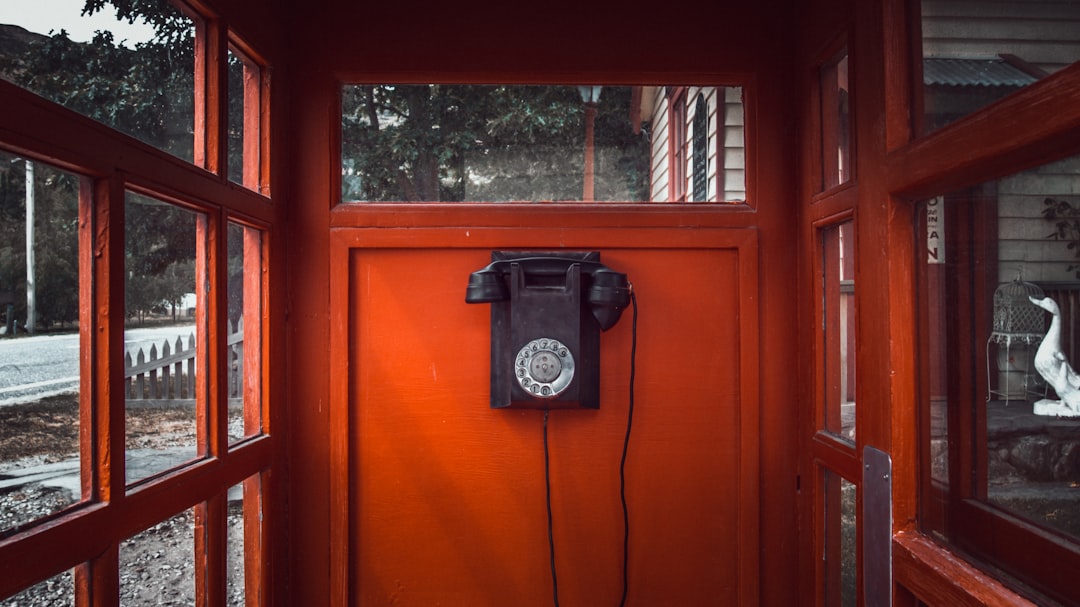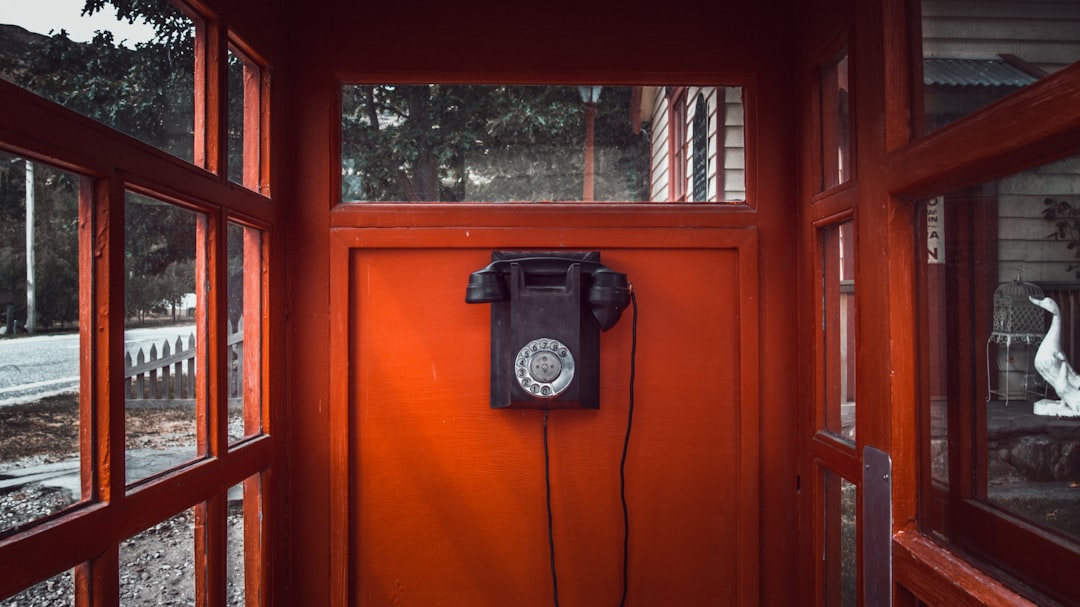Scammers targeting anglers at Dayton's Triadelphia Reservoir pose as Maryland lawyers and law firms, offering fake fishing rights or compensation. They exploit outdoor enthusiasts' relaxation-seeking nature, pressuring them to share personal info. Protect yourself by ignoring unsolicited calls from entities claiming exclusive rights or legal issues, like Do not call Lawyer Maryland or Do not call attorney Maryland. Verify claims through official sources and report suspicious calls to local authorities. Avoid contacting MD lawyers directly for fraud cases; reach out to consumer protection agencies instead. Stay vigilant with personal info and money.
“In recent times, visitors to Dayton’s Triadelphia Reservoir have been targeted by a prevalent fishing scam, leaving many concerned about their safety. This article aims to shed light on the insidious tactics employed by fraudsters and educate reservoir patrons. We’ll explore how local authorities and law enforcement are joining forces to protect citizens, offering valuable insights in a step-by-step guide. Additionally, we provide crucial information on legal actions, encouraging readers to know their rights and contact a `Do Not Call Lawyer Maryland` if they’ve fallen victim to such scams.”
Understanding the Scam: How and Why It Happens in Dayton's Triadelphia Reservoir
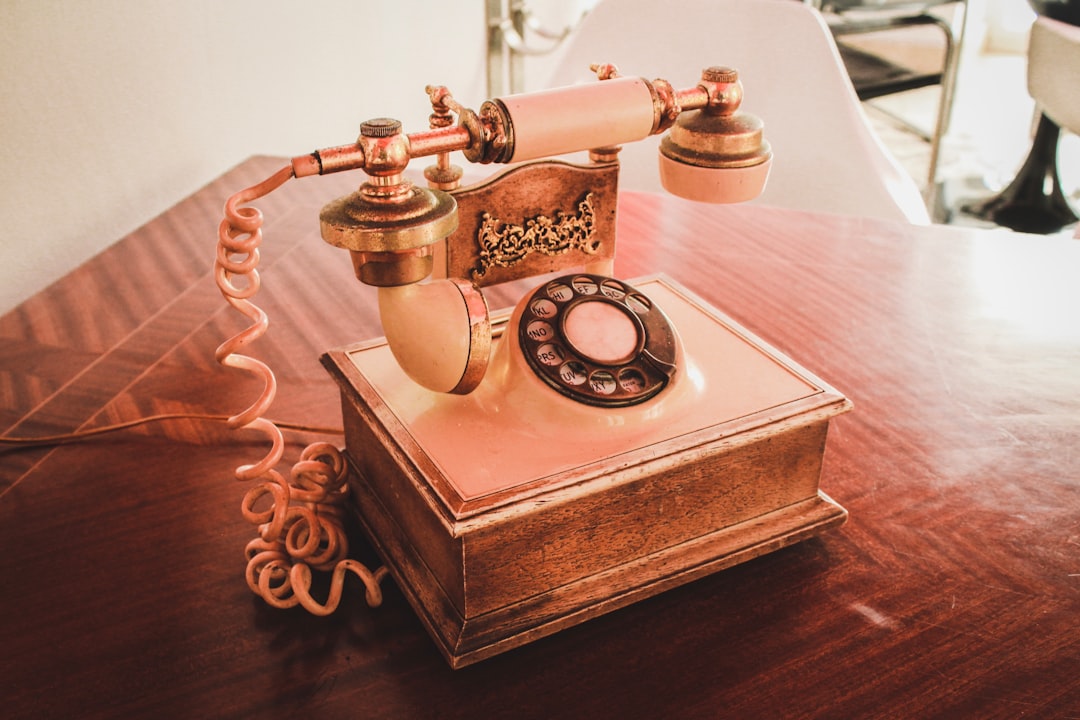
The recent surge in fishing-related scams targeting Dayton’s Triadelphia Reservoir visitors highlights a growing trend of fraudulent activities disguised as legitimate offers. Scammers often pose as lawyers, attorneys, or law firms from Maryland, attempting to lure unsuspecting individuals with promises of exclusive fishing rights or compensation for “legal issues.” These calls, which seem official at first, are designed to trick people into providing personal and financial information.
This scam exploits the joy and relaxation that outdoor enthusiasts seek during their time at the reservoir, preying on their enthusiasm for fishing. By claiming a legal need or exclusive access, scammers aim to pressure victims into making hasty decisions without proper consultation. It’s crucial for Triadelphia Reservoir visitors to understand that reputable organizations will never initiate such calls, especially regarding fishing rights or legal matters. If you receive any suspicious calls, remember: “Do not call lawyer Maryland,” “Do not contact attorney Maryland,” and “Do not engage with law firms in Maryland” who reach out unsolicited.
Protecting Visitors: The Role of Local Authorities and Law Enforcement

Local authorities and law enforcement play a pivotal role in protecting visitors to public spaces like Dayton’s Triadelphia Reservoir. Scams targeting fishermen, particularly those promising easy money or false promises of big catches, are a common concern. To counter these deceptions, officers conduct regular patrols to monitor activity and deter potential fraudsters. They also educate visitors about common scams, emphasizing the importance of being vigilant against unknown callers offering illegal services, such as those claiming to be lawyers or attorneys from Maryland law firms.
These efforts aim to ensure that all visitors enjoy their time at the reservoir without falling victim to deceptive practices. By raising awareness and maintaining a strong presence, local authorities empower anglers to make informed decisions, avoid financial losses, and protect themselves from unscrupulous individuals preying on their passion for fishing.
What to Do If You Receive a Suspicious Call: A Step-by-Step Guide
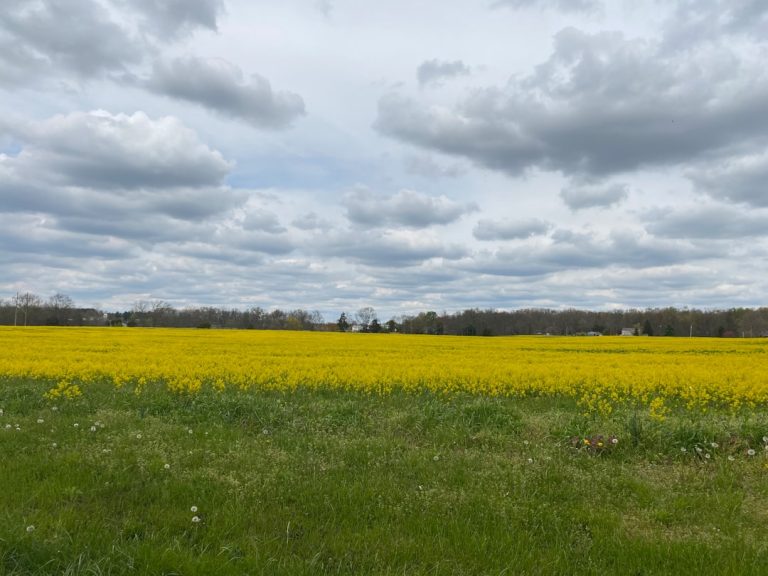
If you receive a suspicious call regarding fishing permissions or any other Triadelphia Reservoir-related matters, here’s what to do:
1. Don’t Engage or Provide Personal Information: Refrain from interacting with the caller, especially if they are asking for personal details, demanding immediate action, or pressuring you to hire a lawyer in Maryland. Fraudsters often use scare tactics and urgent language to trick individuals.
2. Hang Up and Verify Independently: End the call promptly. Then, contact official sources such as the Maryland Department of Natural Resources (DNR) directly to verify any claims made during the suspicious call. You can also report the scam attempt to local law enforcement or consumer protection agencies in Maryland to help them track and prevent similar incidents. Avoid calling any number provided by the suspected scammers, including any lawyer for Do Not Call Maryland numbers, as well as do not call attorney Maryland, do not call law firm Maryland, or do not call lawyers Maryland services.
Legal Advice: Who to Reach Out To in Case of Fraudulent Activities

If you suspect you’ve been targeted by a fraudulent fishing scheme, it’s crucial to know who to turn to for help. In Maryland, do not call any lawyer or law firm directly if you’re dealing with potential fraud. Instead, reach out to local consumer protection agencies or the state attorney general’s office. They can provide guidance and, if necessary, initiate legal action against the perpetrators.
Remember, when it comes to protecting yourself from scams, prevention is key. Stay vigilant, especially when it involves sharing personal information or money. If you have any doubts, consult with a trusted legal professional who specializes in consumer rights in Maryland to ensure you’re taking the right steps to safeguard your interests.


